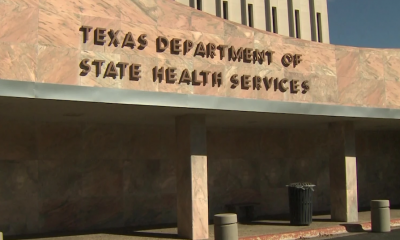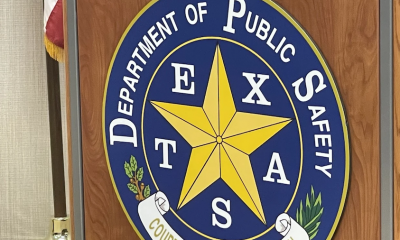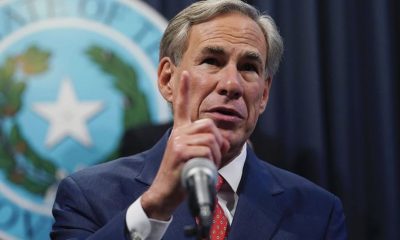U.S. News
Plano Mayor Candidate Lydia Ortega Discusses Candidacy, Economics Background
PLANO, TX – Early voting for the May 1, 2021, election starts April 19, so it’s crucial to understand the candidates on the ballot, especially those running for Plano mayor. After Mayor Harry LaRosiliere leaves office in May, one of three candidates will take his spot.
One of those candidates is Lydia Ortega. Ortega is “a Christian, an American by birth and a Texan by choice,” according to her campaign website. She was born and raised in a rough neighborhood in East Los Angeles to working-class parents who struggled to pay the bills.
Ortega got her Ph.D. in economics and was an economics professor for a long time. She is retired now and an empty nester. She spent her life studying the work of economists such as Milton Friedman, Thomas Sowell and Walter E. Williams, along with scholars of freedom and small government like Ludwig von Mises, F.A. Hayek and Frédéric Bastiat.
Her background of growing up in a working-class family makes her “value every dollar of public funding because I know it comes from hard-working people like my parents.” On the other hand, her economics background impacts how she sees organizational systems and what questions she asks.
To find out more about Ortega and her vision for Plano, Local Profile asked Ortega a series of questions to help you learn about who’s running for Plano mayor.
Why did you decide to run for mayor?
“First reason: I love my home; it is the first I have ever owned. I love my neighborhood; it is better than I could ever manage. I do not like the divisive nature in the greater community. I do not like the cancel culture that is going on in the schools, colleges and businesses. That cancel culture is why we left California. I do not want to be chased out of Plano. Second reason: We all owe a civic duty to serve. I have no excuses not to serve. My husband and I are retired empty nesters. We don’t own a business to worry about or that might conflict with voting. I have no ambitions for higher office. These conditions give me the time necessary to do this job. Perhaps more importantly, it gives me the freedom to speak loudly and boldly on behalf of the residents.”
Your website states that you’re, “a refugee from California’s dysfunctional economic and political landscape.” Can you tell me a little more about what this means?
“I remember when California was an entrepreneurial haven for anyone — no degree, no influential contacts, or pedigree required: just rent a warehouse/office space and open a business, for example, to build custom desktop computers. That egalitarian entrepreneurship is gone. Now California has almost no middle class. There is a wealthy class and the poor. In 2020 the Census Bureau reported that California continues to have the highest poverty rate in the nation — 18.2 percent of Californians have been impoverished during the three preceding years. In addition to fire season, residents have added ‘rolling-blackout’ season when there is no electricity. Water is tightly regulated per person. Gasoline taxes escalate and hit the working poor the hardest as they drive long distances to get to job sites. The wealthy have Tesla. This didn’t happen overnight. It was a gradual process that took over 40 years. If you want to stop it, awareness of the danger has to begin now.”










